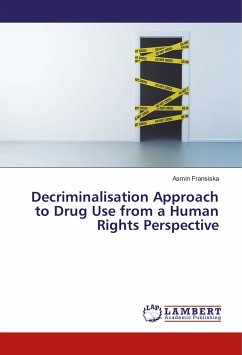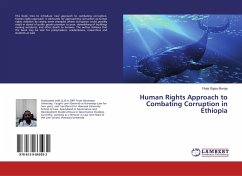This book argues that a human rights-based approach to development cooperation (HRBA-DC) can contribute to the implementation of the international dimension of the right to development. The argument is supported by a case study that looks at the role of the Swedish International Development Agency (Sida) in relation to human rights and the health sector in Uganda. The human rights approach of the UK's Department of International Development (DFID) is also considered. The thesis provides contextual background about Uganda and considers cosmopolitanism as a theoretical foundation for a HRBA-DC. It argues that this approach requires that the relevant policies of donors be built upon a number of human rights principles, such as equality, non-discrimination, transparency, participation and accountability. When donors' policies relate to health, it suggests that they should also reflect key elements of the right to the highest attainable standard of health, such as freedoms, entitlements, availability, accessibility, quality, and international assistance and cooperation. Using a human rights-based methodology, the thesis examines Sida's policies and, to a lesser extent, DFID's.
Bitte wählen Sie Ihr Anliegen aus.
Rechnungen
Retourenschein anfordern
Bestellstatus
Storno








